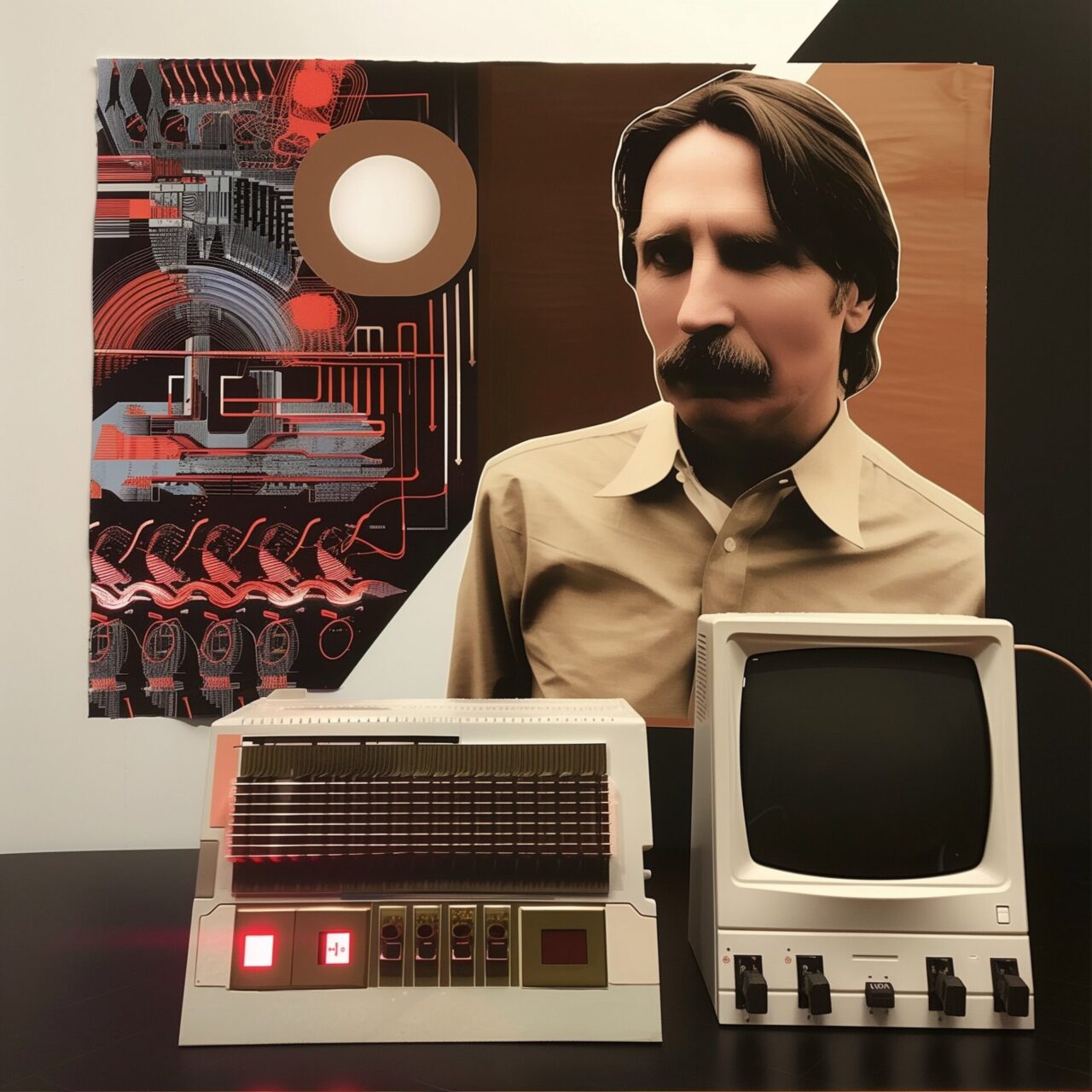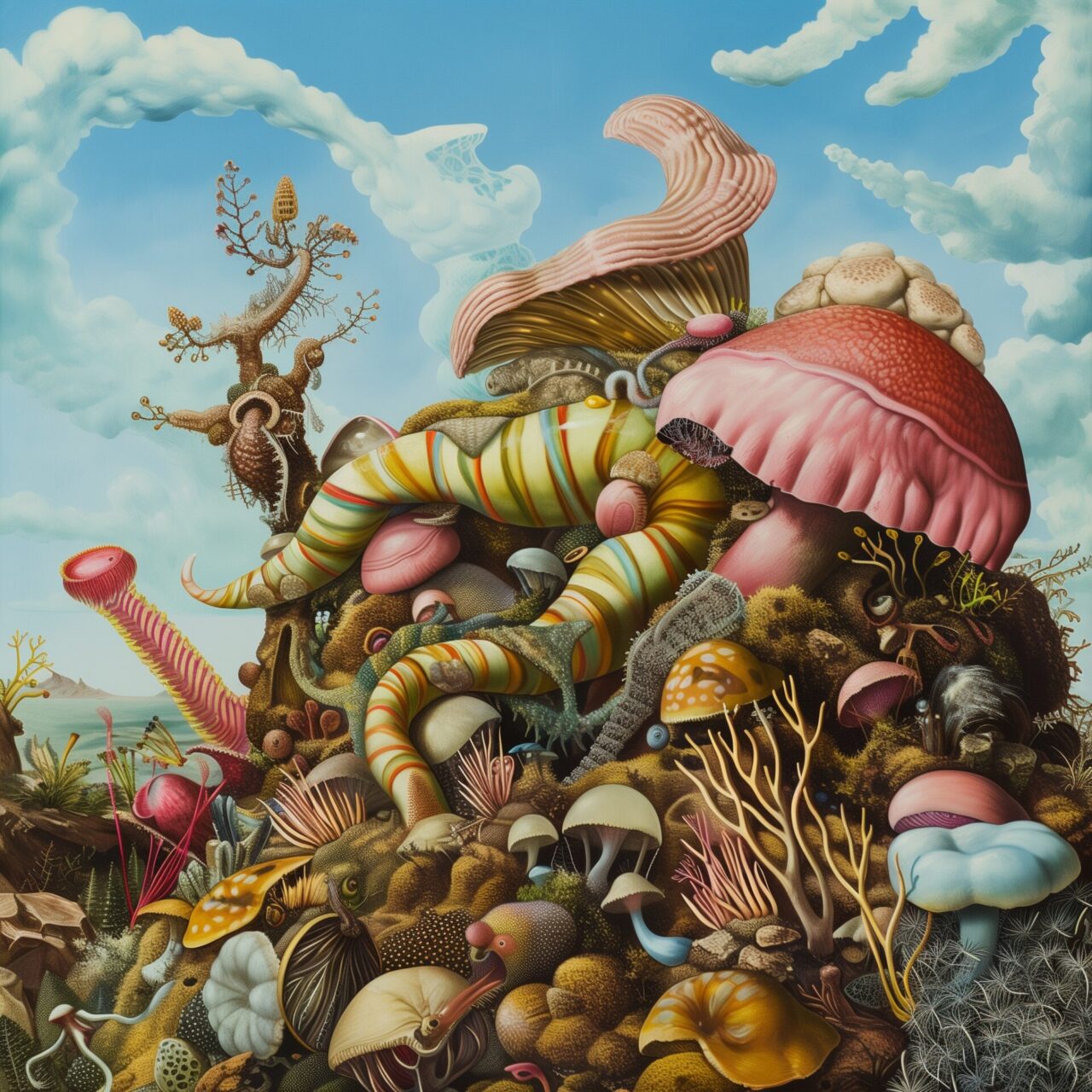
Spells and algorithms
In the deepest corners of ancient libraries and today’s sparkling server rooms of modern technology companies, there is a common thread that connects the mystical spells of past civilisations with the algorithms of modern computer science. Both serve as tools for shaping and influencing our reality. This analysis delves into the parallels between these seemingly disparate practices and reveals how they each shape our worldview and our actions.
Magic and technology
Historically, magic spells were a means of controlling or influencing the unknown. They were based on the assumption that words and specific actions could circumvent the laws of nature or mobilise supernatural forces. It is a similar story with algorithms, the modern magic formulae of computer science, which use precise instructions to solve complex problems or manipulate data in a way that is often superior to human abilities.
Syntax of power
The power of words in spells is reflected in the precise syntax of programming languages. Both follow strict rules that, when applied correctly, bring about desired results. In ancient times, a spell had to be recited exactly in order to be effective; a mistake could ruin the intention or have undesirable consequences. The same applies to algorithms: An error in the code can lead to erroneous results or paralyse entire systems.
Intended effects
Both spells and algorithms are formulated with specific goals in mind. Whether it is to cure diseases, to fathom the will of the gods or to influence buyer behaviour – the underlying intention is to achieve a result through predetermined actions. In the digital age, algorithms use similar principles to make purchase recommendations or personalise news feeds based on the analysis of user data.
Secrets and disclosure
Spells were often shrouded in mystery, known only to the initiated and surrounded by an aura of mystique. Algorithms, although technically public and discussed in professional circles, often remain just as opaque to the layman, hidden behind complex lines of code or patent protection measures. This secrecy can lead to power imbalances in both spells and algorithms, where knowledge is power and the ignorance of the majority can be exploited.
Ethical considerations
The ethical implications of both practices are significant. The use of spells in antiquity and algorithms today raises questions of morality and responsibility. Who is allowed to control this “power”? How can abuse be prevented? And how transparent should these processes be? As with any powerful tool, the true art lies not only in technical mastery, but also in wise and ethical use.
Whether through the whispering of spells or the programming of algorithms – both forms of action make it possible to influence our environment and our coexistence. They show that humans have always endeavoured to shape and improve their reality through knowledge and skill. In this respect, today’s programmers are not unlike the magicians of old; both use their knowledge to shape our world – for better or for worse.


